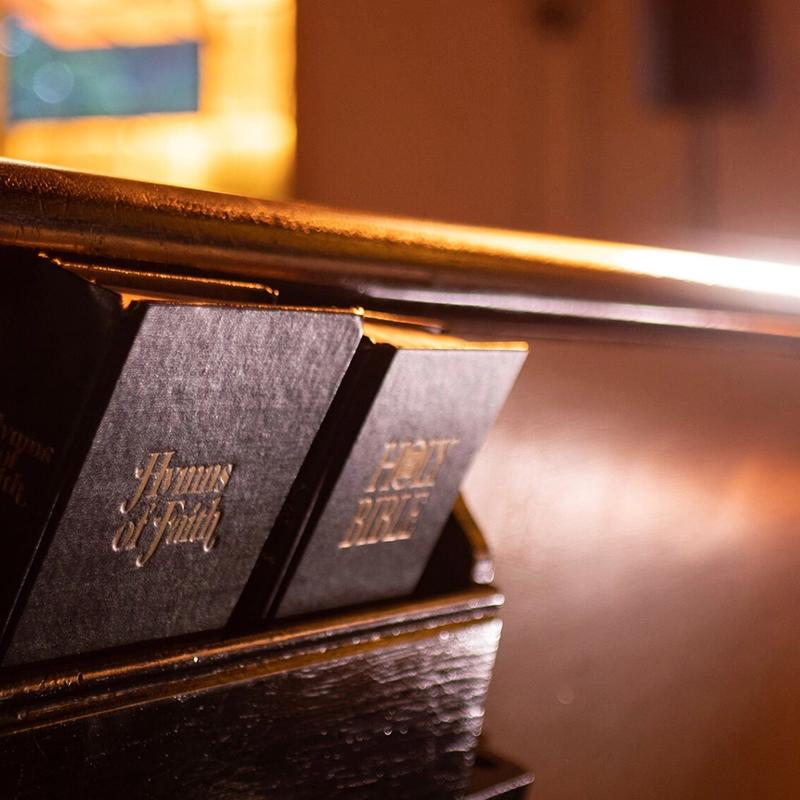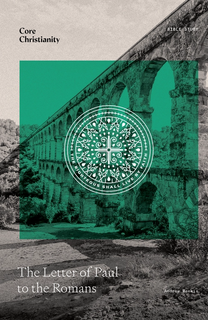This article is part of our series, “Cloud of Witnesses: Stories from the Church.” Read more from the series here.
He was the child of a white plantation owner and a slave. After his father died, he was inherited by his half-brother who treated him as property and punished him viciously when he didn’t obey. He was a mixed-race boy, living in poverty in the South, before the Civil War. To say the odds were stacked against him is a massive understatement. Yet, despite the hardship and horrors of his youth, God would lead Francis to freedom and call him into a life of gospel ministry as a pastor of an influential church in the nation’s capital for almost 50 years.
Childhood
Francis James Grimké was born November 4, 1850, just outside of Charleston, South Carolina. His father, Henry Grimké, was a white plantation owner and a widower. His mother, Nancy Weston, was a household slave. After Henry’s wife died, Nancy had been given the responsibility of raising his three children, Henrietta, Montague, and Thomas. Over time, Henry and Nancy developed a close relationship. The exact nature of this relationship is difficult to ascertain. The social and power dynamics can’t be ignored, nor can the fact that it seems real affection existed between Henry and Nancy.[1] One scholar sums it up well when she says that Henry and Nancy had an “enigmatic, but apparently warm, relationship.”[2] Over the course of this relationship they had three sons: Archibald, Francis, and John. Just two years after Francis was born, while Nancy was pregnant with John, Henry Grimké became ill and died unexpectedly.
After Archibald was born, Henry modified his will to include Nancy and any of his children that she would have in the future, leaving Nancy and their children to his son, Montague.[3] When Henry died, Nancy, Archibald, Francis, and John became Montague’s slaves. Montague built a home for Nancy and the kids, but his aid extended no further. Nancy scraped by on her earnings as a laundress, but the family often went hungry.[4] Despite living in poverty and the fact that it was illegal for slaves to learn how to read and write, Nancy managed to ensure that her sons received an education. Furthermore, Nancy taught her boys about Christianity at home and sent them to a Presbyterian church for Sunday School. For eight years, life continued in this manner. Nancy and her boys, though owned by Montague, lived in relative freedom and peace. This all came to an abrupt halt after Montague got married in 1860.
Hard Years
Montague’s new wife, Julia, wanted slaves. So, to make her happy, Montague required his half-brothers to come and work on the plantation. These were hard years for Francis and Archibald. They resented losing the freedoms they once had and being forced to work for their half-brother. As a result, they resisted, only in small ways at first. However, as Montague’s punishments grew increasingly harsh and violent, they each individually decided to run away. The breaking point for Francis was a particularly brutal beating. In Francis’s own words: “Determined, although a boy, that I would not submit to such an outrage, I ran off, and went into the Confederate Army as a valet to one of the officers.”[5] He was 10 years old when he ran away. Francis worked as a valet for the next two years before he was arrested in Charleston. He was treated so poorly in prison that he had to be sent home to his mother to be nursed back to health. As a result, Montague decided to sell his brother to an army officer before Francis was well enough to run away again. Francis would remain a slave to this Confederate officer until the end of the Civil War.
After The Civil War
One of the many results of the North’s victory in the civil war is that it became legal for African Americans to receive an education. Francis and his brother wasted no time before taking advantage of this new freedom. They started attending school in Charleston, then moved north to another school in Massachusetts. Francis was to study medicine there, however, the family that gave him lodgings did not deliver on their promise. Rather than staying in a house, they made him sleep in a barn on the hay.[6] So when Francis learned that he had been accepted by Lincoln College in Pennsylvania, he jumped on the opportunity and began to study law instead of medicine. He excelled as a student and decided to move to Washington D.C., where he could continue his study of law at Howard University. But God had different plans for Francis.
Francis began to feel God call him to pastoral ministry, so he decided to go to Princeton Theological Seminary, where he studied from 1875–1878. After graduating from seminary, Francis was called to be a pastor by 15th Street Presbyterian Church in Washington D.C. During that first year, he would marry his wife, Charlotte. Apart from a brief hiatus spent pastoring in Jacksonville, Florida for health reasons, Francis would minister at 15th Street Presbyterian until his retirement in 1928 and, though retired, Francis would stay at the church until his death in 1937.
Pastor & Advocate
Francis faithfully preached the Scriptures for 50 years. He believed it was the pastor’s role to bring the word of God to his people every Sunday. “The business of the preacher is to state the truth of God, clearly, fully, simply; the rest the Spirit will take care of,” Francis wrote.[7] He was also a leader within his denomination, elected as the first African American moderator of his presbytery.[8]
In addition to his work as a pastor, Grimké was a powerful advocate for civil rights and co-founded the American Negro Academy (ANA) in 1897 (disbanded 1924) and the National Association for the Advancement of Colored People (NAACP) in 1909.
In Conclusion
The life of Francis Grimké truly displays the power and goodness of God and, as we reflect on his life circumstances and gospel ministry, we see that God’s faithfulness extended far beyond Francis himself as countless people were blessed through his faithful gospel preaching and advocacy for justice. Indeed, we will be blessed as we learn from his life and worship the God he proclaimed. This brief overview has just scratched the surface of what Grimké has to offer those who would learn from his biography and his writings. I hope that many who read this article will lead to further study about and learn from, as he was called by his congregation, the “Black Puritan.”[9]
[1] See footnote 7 of Mary Nickels, Incorporating Intimacy: The Evocative Story of Francis J. Grimké https://scholar.princeton.edu/sites/default/files/marynickel/files/nickel_mary_-_incorporating_intimacy_problem_in_the_field_exam.pdf
[2] Nickels, Incorporating, 3.
[3] In 1820 South Carolina made it illegal to set slaves free in a will. Willing Nancy and their children to his son was perhaps the kindest thing he could legally do for them.
[4] Nickels, Incorporating, 7.
[5] Francis Grimké, The Works of Francis J. Grimké, Vol. I. Addresses Mainly Personal and Racial (Washington D.C.: The Associated Publishers, Inc., 1942), viii.
[6] Grimké, Works, viii.
[7] Francis James Grimké, Meditations on Preaching (Log College Press, 2018, 33).
[8] A Presbytery is the assembly of all elders from the churches of a particular region. Nickels, Incorporating, 15.
[9] Nickels, Incorporating, 17.






